FARGO. Masterpiece thriller by Coen Brothers
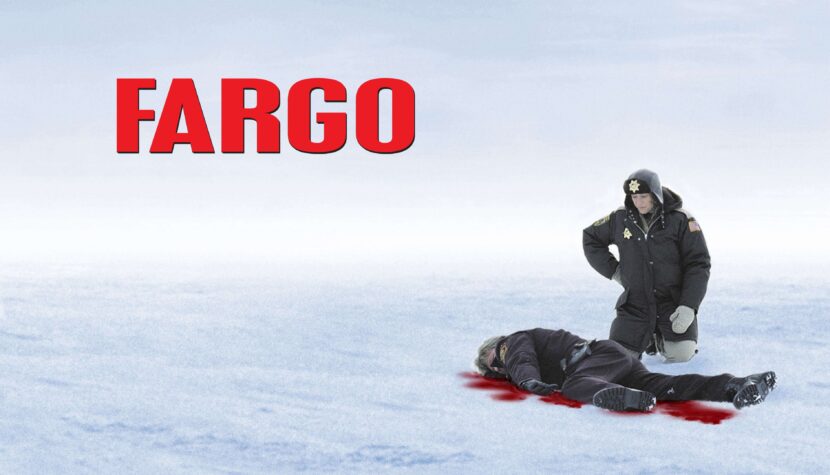
In a broad sense – drama – an omnipresent aspect of human existence that never leaves humanity alone. However, one can encounter various versions of misfortune; either it is inevitable (fatum), or it primarily results from erroneous choices made through free will. The consequences of freedom can lead to terrible mistakes that often result in significant disasters. And this is precisely what the film Fargo is about, where foolishness reigns on the screen, becoming the main character of this work. The director did not involve stars in the film for two reasons, one of which is the desire to focus on the issue. Fargo is a dark tale of silence and resistance that arises between people, but let’s briefly outline the plot first.
Jerry Lundegaard, the main character of Fargo, falls into immense financial trouble but cannot admit it to his father-in-law. Therefore, he undertakes a risky plan – hiring two thugs to kidnap his wife for ransom. I believe Jerry’s ingenuity should be left to the judgment of the audience. The situation, of course, must spiral out of control because criminals are criminals, and they cannot always be controlled. In addition, Jerry’s father-in-law (financing the ransom) interferes with the agreement made between Jerry and the kidnappers because he wants to provide the money, and there is no way to persuade him to change his mind. The police also get involved, but it’s not an ideal detective, only a slow, pregnant policewoman!
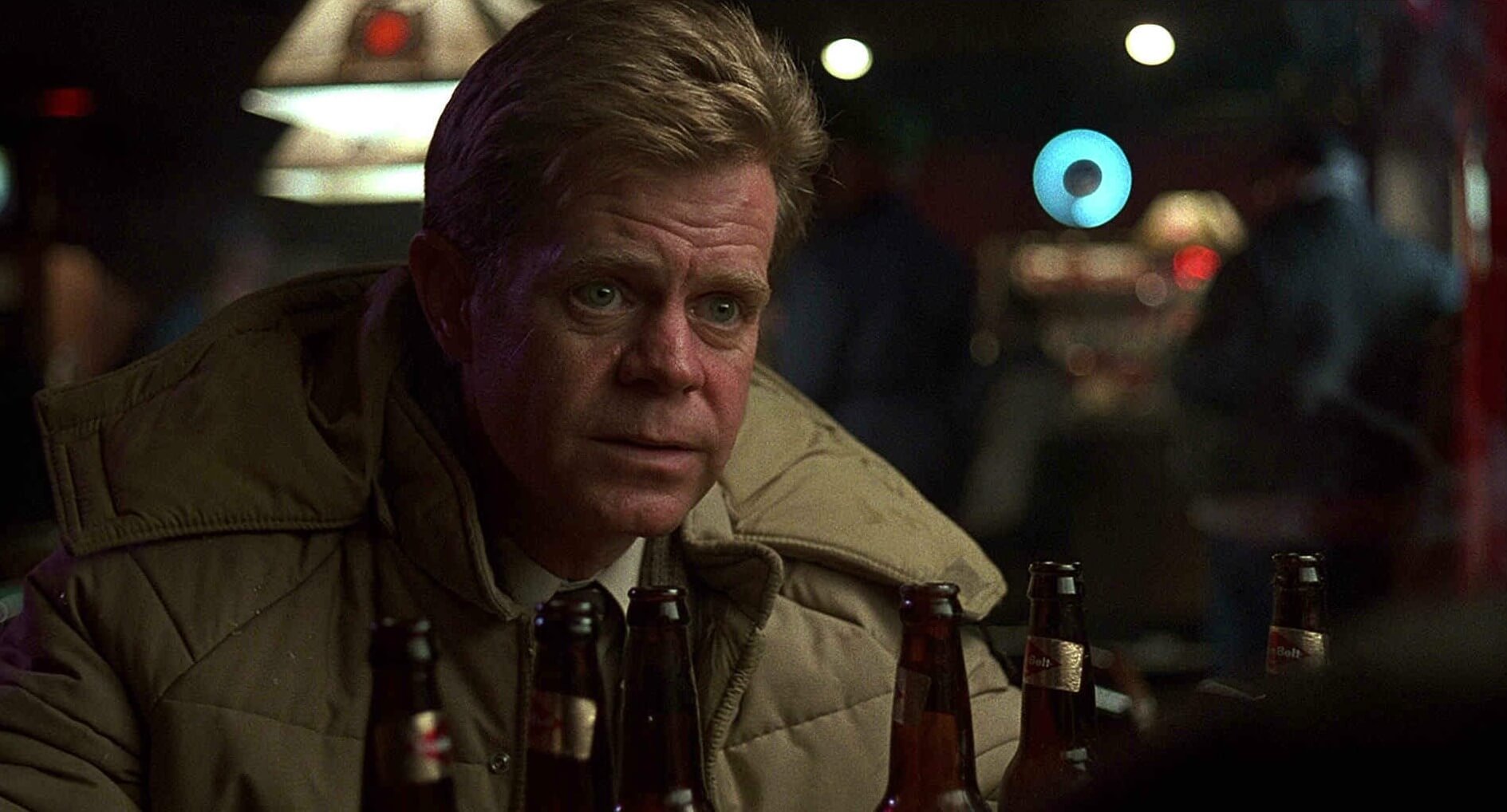
So, did the Coen brothers succumb to the myths of political correctness? Of course not – the fact that everyone starts making mistakes one after another brings the policewoman closer to solving the mystery. She practically doesn’t have to do anything because the people involved in this intrigue fall into her hands. Complete lack of imagination, zero plan, and the absence of basic principles of thinking must inevitably lead to the self-destruction of characters, leading to inconsistent, illogical, and simply foolish actions. Fargo somewhat resembles the Coen brothers’ first work – Blood Simple, as the entire misfortune that befalls the characters is again caused by idiotic formalism, fear, and reluctance to have an honest conversation with another human being. The action takes place in a small provincial town, where the husband cannot openly talk to his father-in-law and explain the situation. This rigid arrangement, combined with the greatest flaw of human existence – stupidity – inevitably leads to tragedy. This is roughly the plot, which forms the backbone of a very interestingly constructed script, ending in an intriguing way (watch out for the wood chipper!). However, as in any other Coen work, while the plot is essential, the real focus is on something else – a different perspective on the genre that is a form of film.
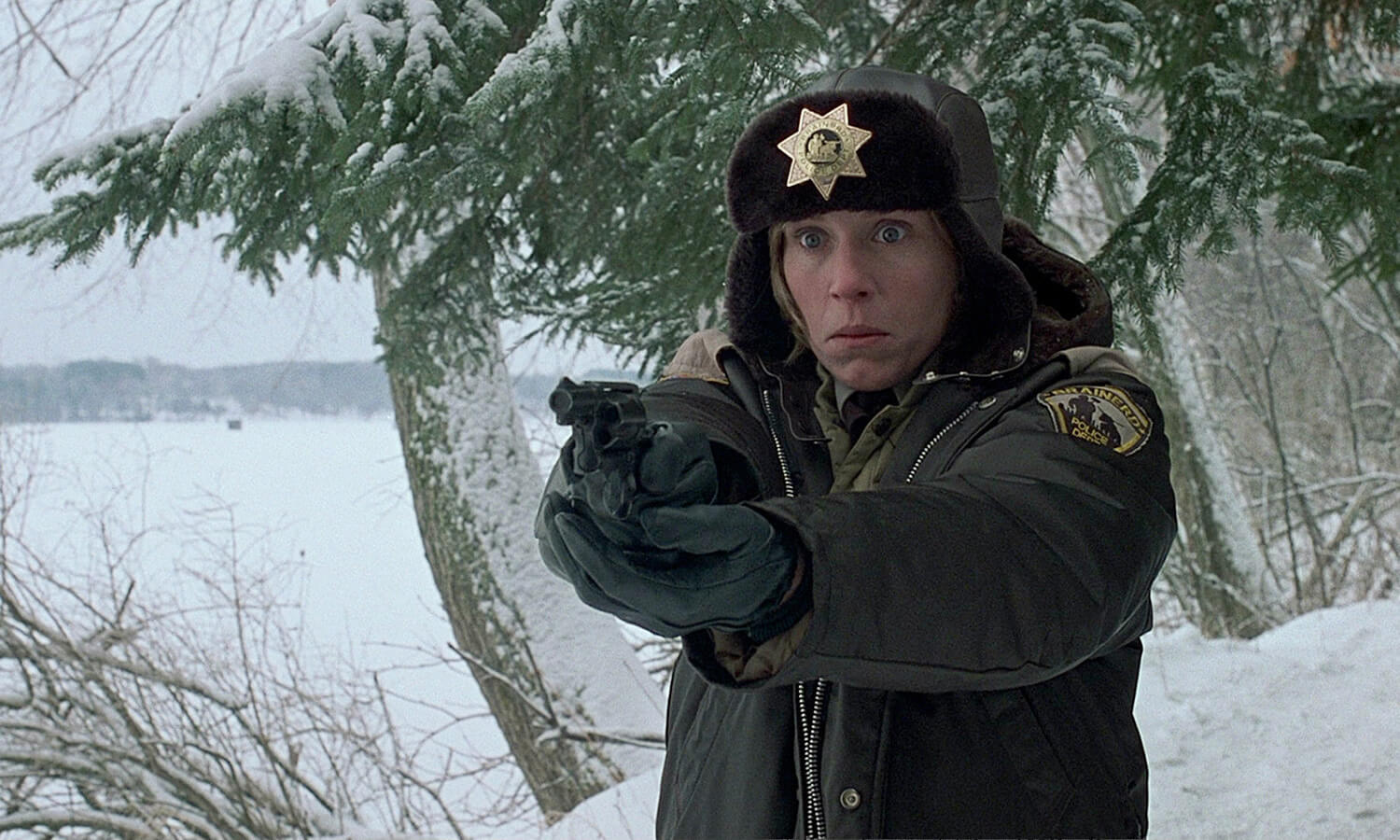
Here, we have a thriller (seasoned with black humor) in which the characters and situations are natural, and every small detail adds an additional dose of realism; even the kidnapping scene cannot unfold in a standard way, and until the end, we do not know if it will be successful, even though supposedly professional criminals – a somewhat contradictory pair of Steve Buscemi and Peter Stormare – are handling it. The Coen brothers strike us with a cold image that shows that the story actually happened. Jerry Lundegaard could be our neighbor, and Marge Gunderson (the policewoman – Frances McDormand’s Oscar-winning role) could be our heartfelt friend, who, in several scenes of the film, turns out to be an ordinary woman leading a boring and rural life. However, for me, the most essential remains the pair of kidnappers, which, in my opinion, played the most crucial role in the film.
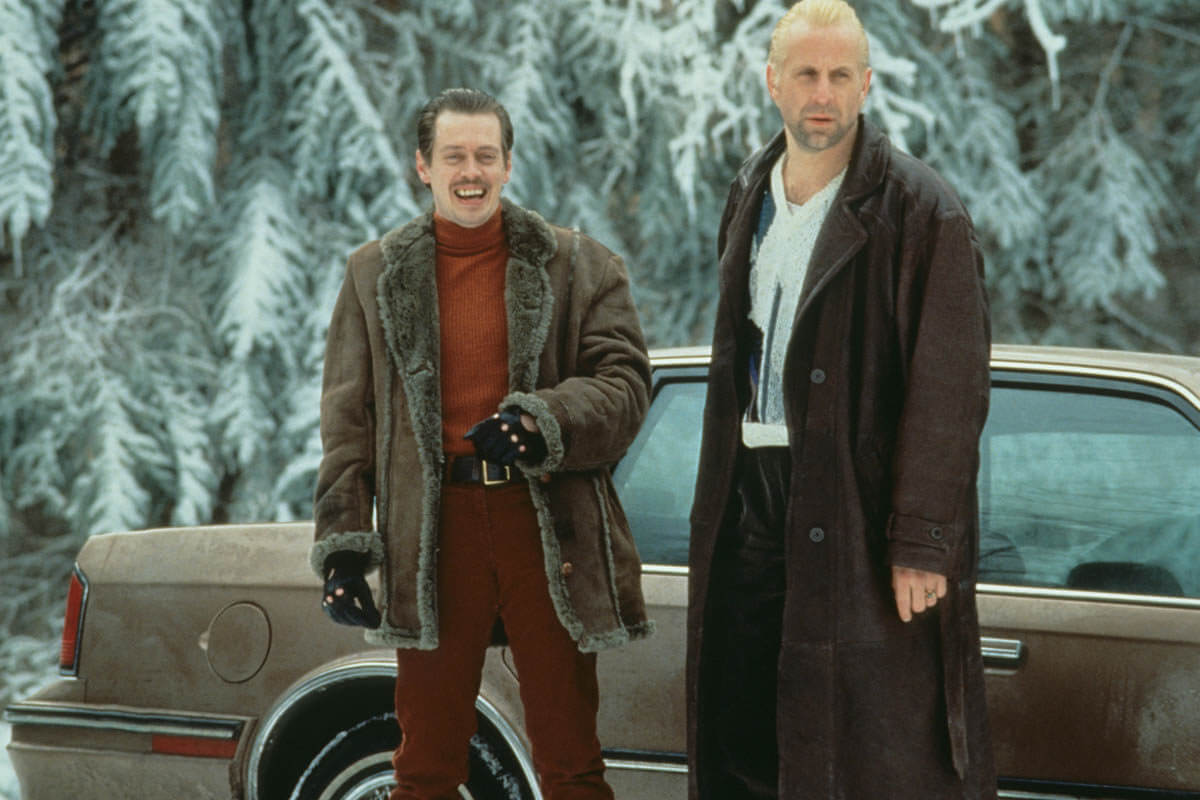
Let’s recall typical action movie images. In each of them, the dark characters try to be expressive, theatrical, and behave as if they were playing specifically for the audience. They always want to openly present their logic and motives for their actions, and besides, they are very eager to please the viewers. For me, a model example of this is Pulp Fiction (a short note – I don’t consider this film a “typical action movie”), where Samuel L. Jackson often forcibly manifests his beliefs, which, by the way, may result from a wrong interpretation of reality (by the way – about holes in the wall…) In Fargo, Peter Stormare is silent and brutal, while his partner (Steve Buscemi) is constantly talkative and keeps saying nonsense, although he sometimes has valid objections to his “colleague in the trade.” Generally, the kidnappers don’t care about any details, and they don’t plan anything; they simply execute their intentions – to kidnap and ransom. They exchange only essential information between themselves, not engaging in conversations on any topics, nor deliberating on Chapter 25, Verse 17 of the Book of Ezekiel… sorry for nitpicking Pulp Fiction – it’s a film about something else anyway).
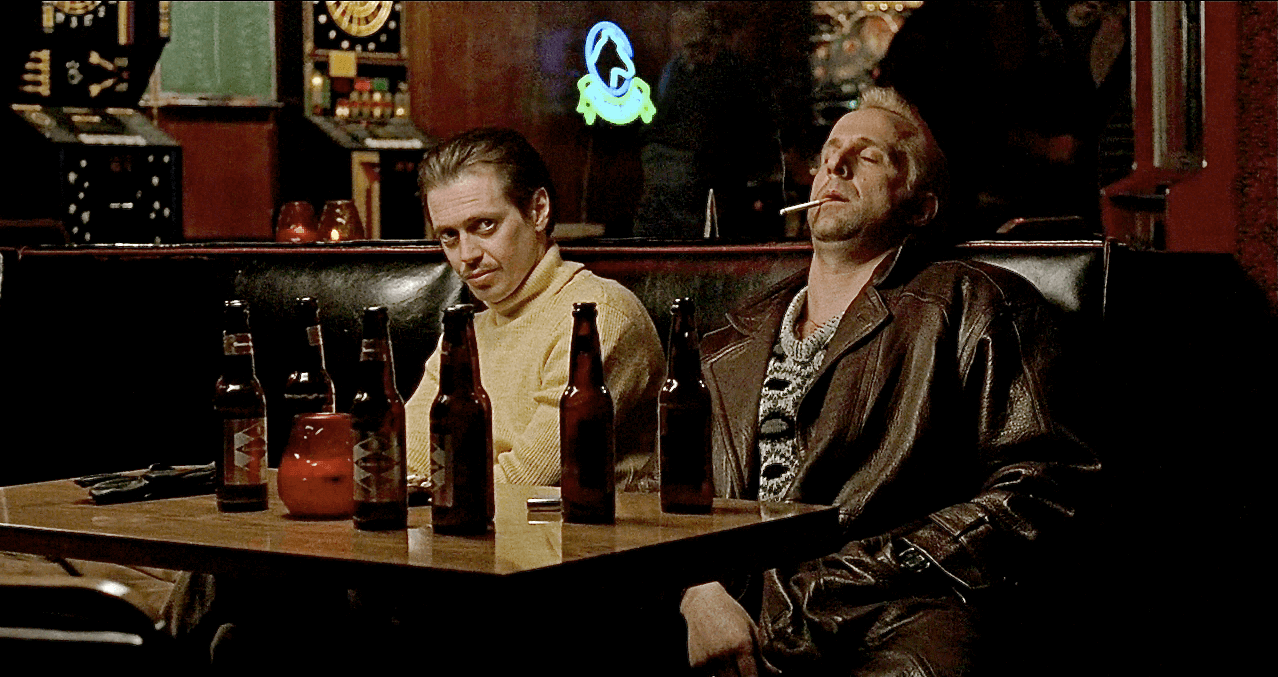
Fargo struck me with realism, but it seemed like a boring film that starts to drag, and its scenes pay too much attention to irrelevant things – I realize that this is how the Coens create an image of reality, but there is a clear exaggeration here. Especially when you add the fact that the film lacks humor, which appears far too infrequently, although it is a proven thing and a guarantee of success for the talented sibling pair. If we consider that Barton Fink was made to win the Palme d’Or, we can safely say that Fargo is a work that was supposed to secure an Oscar (for the best screenplay). Joel and Ethan Coen once again skillfully played with conventions, but they forgot about their strength – an absurd and tear-inducing style of storytelling. Still, perhaps that was their intention because, after all, the Academy Awards don’t like comedy.
Words by Mateusz Nowak

